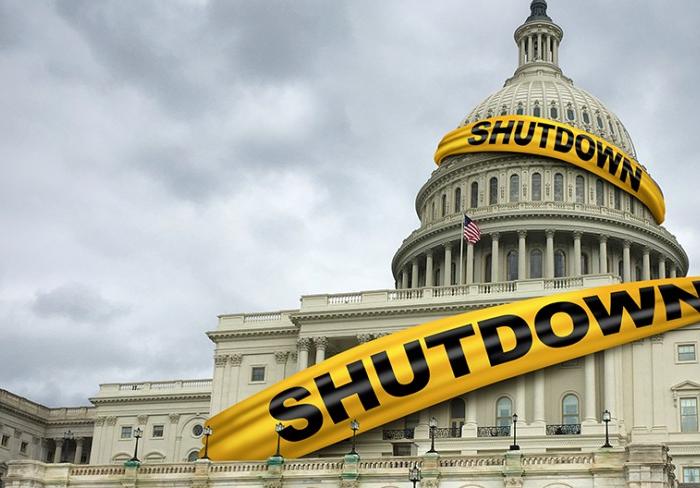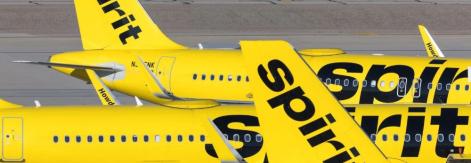Mexico´s Communications and Transportation Department said last week the government expects to earn more than $600 million from an initial public offering this year of its 85 percent stake in the Pacific airport group.
"This is going to be the biggest private airport group in the Americas," said Rodolfo Salgado, who heads the department´s group in charge of privatizations and other projects.
Ecuador became this week the riskiest country in Latin America, according to JP Morgan Emerging Markets Bond Index, EMBI, with a 799 basic points rating.
Doubts about Ecuador´s sustainability of future foreign debt payments, plus the recent Argentine rescheduling process, have shot up the risk country factor, which measures the difference between a sovereign bond risk and US Treasury bonds.
The leaders of the eight richest countries in the world, who met last week in Scotland, may be missing an opportunity to help poor countries help themselves.
The G-8 summit omitted tourism from its agenda, despite global evidence that the hospitality industry provides an avenue to sustained prosperity in poor countries that have few other resources or access to world markets.
Dominican Republic President Leonel Fernandez announced last week the construction of a $103 million aqueduct in eastern province of Higuey, according to information posted on the government´s website.
The aqueduct will provide potable water services to Higuey city (population 150,000) and nearly 35,000 other hotel rooms in the tourist town of Bavaro, Victor Diaz, director of the country´s state water utility Inapa pointed out.
Venezuela´s state-run oil firm Petroleos de Venezuela S.A. (PDVSA) will supply the fourteen Caribbean nations that signed an accord joining the Petrocaribe regional energy scheme with a total 185,700 barrels a day (b/d) of oil, PDVSA president and energy and oil minister Rafael Ramirez told reporters earlier this week.
Of that total, Cuba is currently getting 98,000 b/d, while the Dominican Republic will get 50,000 b/d, Jamaica 14,000 b/d and the remaining countries 23,700 b/d.
The U.S. Senate passed last week a controversial free trade pact with Central America and the Dominican Republic by a close 54-45 vote, with a battle likely at its next stage in the House of Representatives.
The Dominican Republic-Central American Free Trade Agreement (CAFTA-DR) is likely to go before the House after the July 4 holiday break.










